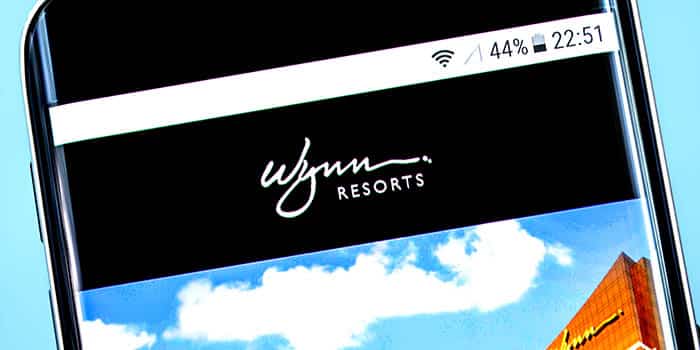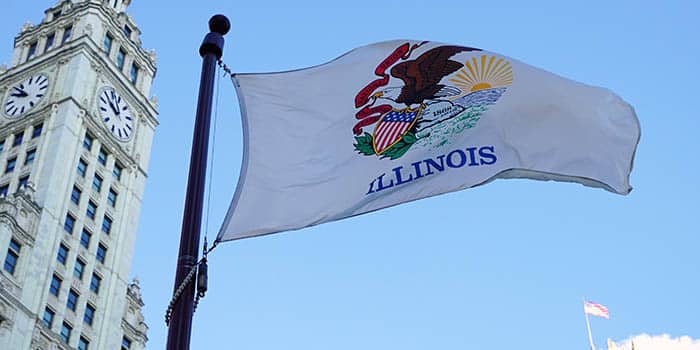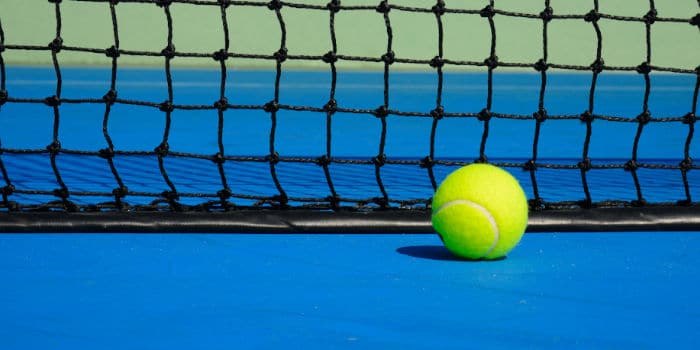- Casino
- By State
- Alabama
- Alaska
- Arizona
- Arkansas
- California
- Colorado
- Connecticut
- Delaware
- Georgia
- Florida
- Hawaii
- Idaho
- Illinois
- Indiana
- Iowa
- Kansas
- Kentucky
- Louisiana
- Maine
- Massachusetts
- Maryland
- Michigan
- Minnesota
- Mississippi
- Missouri
- Montana
- Nebraska
- Nevada
- New Hampshire
- New Jersey
- New Mexico
- New York
- North Carolina
- North Dakota
- Ohio
- Oklahoma
- Oregon
- Pennsylvania
- Rhode Island
- South Carolina
- South Dakota
- Tennessee
- Texas
- Utah
- Vermont
- Virginia
- Washington
- West Virginia
- Wisconsin
- Wyoming
- By State
- Slots
- Poker
- Sports
- Esports
One in Three Athletes Receive Abusive Messages on Social Media
Many college athletes who attended the men’s and women’s NCAA Tournaments have reported receiving death threats on their social media accounts from people with an interest in betting

During this year’s men’s and women’s NCAA Tournaments, many athletes have reported receiving abusive messages including death threats on their social media accounts.
Fresh data speaks about around one in three high-profile athletes dealing with these types of messages from individuals with a betting interest, according to NCAA president, Charlie Baker.
90% of Harassment Happens Online or Via Social Media
In the March letter addressed to campus leaders, Baker also added that the same research data has shown that “90% of that harassment is generated online or through social media.” The remainder takes place in person, “with some generated from other students on campus.”
With the legalization of sports gambling in most US states, the abuse and harassing behaviors “seem to have gone up,” as explained by Ohio Casino Control Commission’s director of operations and responsible gambling, Amanda Blackford, in an interview for the Guardian.
The Whole College Athlete Base Is Affected
In 2022, Iowa senior Jordan Bohannon explained that “the whole college athlete base” needs to cope with the threats, as they are not solely directed to one person.
More recently, after LSU’s loss to Iowa last week, Angel Reese announced that she has received threats since winning the national title in 2023.
Just a few days later, Iowa’s Gabbie Marshall decided to delete her social media because of the threats after drawing a game-clinching foul against UConn in the Final Four.
Similarly, Purdue’s Carson Barrett, whose three-pointer at the end of the game brought his team the victory over Grambling State, received a disturbing death threat via a direct message on Instagram.
In all cases, the messages are formulated by bettors who choose to take their frustration out on players when they end up losing money.
Deion Sanders, who is known as one of the greatest NFL players of all time and who is currently head coach at the University of Colorado, also revealed receiving similar death threats. For this reason, he is accompanied by a security team when traveling.
After a US Open loss in 2021, tennis player Shelby Rogers said “I’m going to have 9m death threats and whatnot. At this point in my career, I’d say I’m used to it.”
Harsher Punishments Needed
While the Communications Act of 2003 should make it an offense to send messages that are “grossly offensive or of an indecent, obscene or menacing character,” its poor enforcement is not making things any better.
Teams, athletes, colleges, and the NCAA are asking for harsher punishments for people found guilty of sending death threats or harassing athletes.
Their requirements also include bans from attending NCAA-sanctioned events where schools and/or athletes are involved.
If that will solve the issue of people watching college sports events from their homes and then going to social media to harass athletes, it remains to be seen.
In December 2023, the NCAA announced it would use AI to tackle gambling-related student abuse.
In January 2024, the same association vowed to fight off athlete harassment in 2024 and beyond.
Related Topics:
After finishing her master's in publishing and writing, Melanie began her career as an online editor for a large gaming blog and has now transitioned over towards the iGaming industry. She helps to ensure that our news pieces are written to the highest standard possible under the guidance of senior management.
Must Read
More Articles






Casino
June 30, 2025
Wynn COO Vows Change Amid Ongoing Regulatory Pressure

Casino
June 30, 2025
DIMOCO Enters Germany iGaming Market with Neo.Bet

Casino
June 30, 2025
Man Admits to Laundering Cocaine Money Through Casinos

Industry
June 27, 2025
Las Vegas Sphere Bashed for Charging $170 for Pizza

Casino
June 27, 2025
MGM Yonkers Files $2.3B New York Casino License Bid












